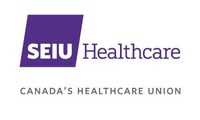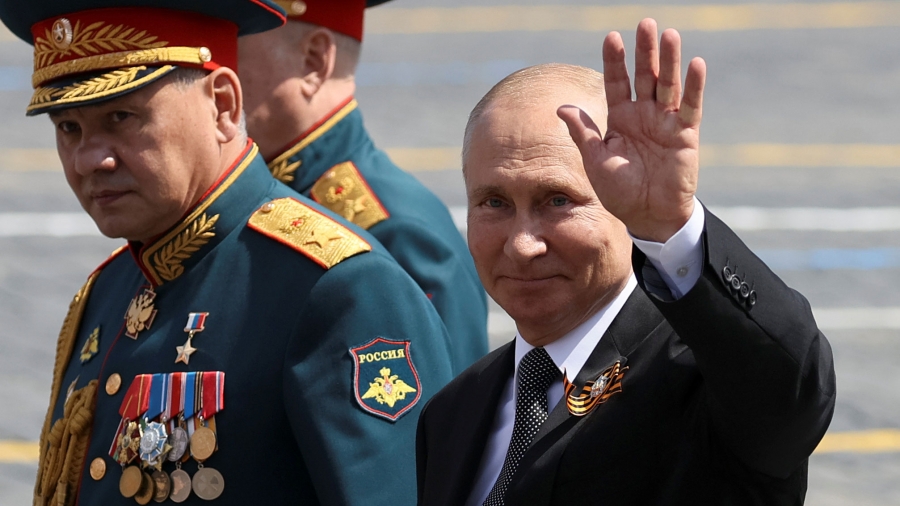Sweeping Workplace Changes Expected in a Post-pandemic World, Says Research From The Adecco Group
Businesses and workers call for greater flexibility, questions raised over the hours-based contract, and a new empathetic leadership profile emerges

NEWS PROVIDED BY The Adecco Group
ZURICH, June 30, 2020 /CNW/ --
Workers demand greater flexibility after coronavirus, with a 50/50 split of remote and office time confirmed as the universal ideal
Questions raised over the hours-based contract, with 69% saying contracts should be based on results delivered rather than hours worked
Boom in digital skills an unintended consequence of lockdown, with tech knowhow improving for six in 10 (61%), and two thirds (69%) eager for further digital upskilling post-pandemic
Leaders need to reinvent themselves as more emotionally intelligent, but they are not prepared, as less than half felt equipped to support employees holistically during the pandemic
The coronavirus pandemic has resulted in pivotal shifts in attitudes and expectations among workers and leaders, as both call for permanent changes in how and where we work, workplace relationships and future skills, according to new research from the Adecco Group.
The Adecco Group, the world's leading HR solutions company, today unveiled the results of its latest study, Resetting Normal: Defining the New Era of Work, examining the expected short- and long-term impact of the pandemic on resetting workplace norms. Fieldwork was conducted in May 2020, with 8,000 office-based respondents (aged 18-60) across Australia, France, Germany, Italy, Japan, Spain, the UK and the USA.
The Adecco Group's Chief Executive Officer, Alain Dehaze, said: "The world of work will never return to the 'normal' we knew before the pandemic struck. The sudden and dramatic change in the workplace landscape has accelerated emerging trends such as flexible working, high-EQ leadership, and re-skilling, to the point where they are now fundamental to organisational success. As many countries emerge from the acute crisis phase of the pandemic, employers have an opportunity to 'hit reset' on traditional workplace practices – many of which have remained largely unchanged since the industrial revolution. This research highlights that employee attitudes have shifted and gaps between workforce expectations and entrenched labour market processes have been exposed. As we step into the new era of work, now is the time to establish better norms that will enable a holistically healthy, productive and inclusive workforce into the future."
Key research highlights:
The research revealed that the working world is ready for a new "hybrid" model, with three quarters (74%) of workers surveyed saying a mix of office-based and remote working is the best way forward. The universal ideal of spending half (51%) of their time in the office and half working remotely (49%) transcends geographies, generations and parental status. And company executives agree, with almost eight in ten (77%) C-suite leaders saying businesses will benefit from increased flexibility.
Another stark finding could signal the end of the hours-based contract and 40-hour week. More than two thirds (69%) of workers are in favour of "results-driven work," whereby contracts are based on delivering against business needs rather than working a set number of hours. A high proportion of C-suite executives (74%) agree that the length of the working week should be revisited.
The pandemic has also demanded a new set of leadership competencies and these expectations are expected to accelerate a reinvention of the modern-day leader. Emotional intelligence has clearly emerged as the defining trait of today's successful manager, but the soft skills gap is evident. Over a quarter (28%) of those questioned said their mental wellbeing had worsened due to the pandemic, with only 1 in 10 rating their managers highly on their ability to support their emotional health.
In a similar nature to flexible working, the findings demonstrate a universal appetite for mass upskilling. Six in 10 say their digital skills have improved during lockdown, while a further two thirds (69%) are looking for further digital upskilling in the post-pandemic era. A broad range of skills development were identified as important by the workforce, including managing staff remotely (65%), soft skills (63%) and creative thinking (55%).
Finally, the findings highlighted the importance of sustaining trust in the new working world. Companies have risen to the challenge of supporting their people during the crisis, and as a result, trust in corporations has increased. In fact, 88% say that their employer met or exceeded their expectations in adapting to the challenges of the pandemic. And with this increased trust comes increased expectations. While the future of work is a collective responsibility, 80% of employees believe their employer is responsible for ensuring a better working world post-COVID and resetting norms, compared with 73% who say the government is responsible, 72% who agree it is an individual responsibility, and 63% who believe it is in the hands of labour unions.
For more information:
Download the Resetting Normal: Defining the New Era of Work full report here.
Follow us on social #ResetNormal for updates
About the Adecco Group
The Adecco Group is the world's leading HR solutions company. We believe in making the future work for everyone, and every day enable more than 3.5 million careers. We skill, develop, and hire talent in 60 countries, enabling organisations to embrace the future of work. As a Fortune Global 500 company, we lead by example, creating shared value that fuels economies and builds better societies. Our culture of inclusivity, entrepreneurship and teamwork empowers our 35,000 employees and we are proud to have been consistently ranked one of the 'World's Best Workplaces' by Great Place to Work®. The Adecco Group AG is headquartered in Zurich, Switzerland (ISIN: CH0012138605) and listed on the SIX Swiss Exchange (ADEN) and powered by nine global brands: Adecco, Adia, Badenoch & Clark, General Assembly, Lee Hecht Harrison, Modis, Pontoon, Spring Professional and Vettery.
adeccogroup.com
Facebook: facebook.com/theadeccogroup
Twitter: @AdeccoGroup
Logo - https://mma.prnewswire.com/media/1197818/The_Adecco_Group_Logo.jpg














